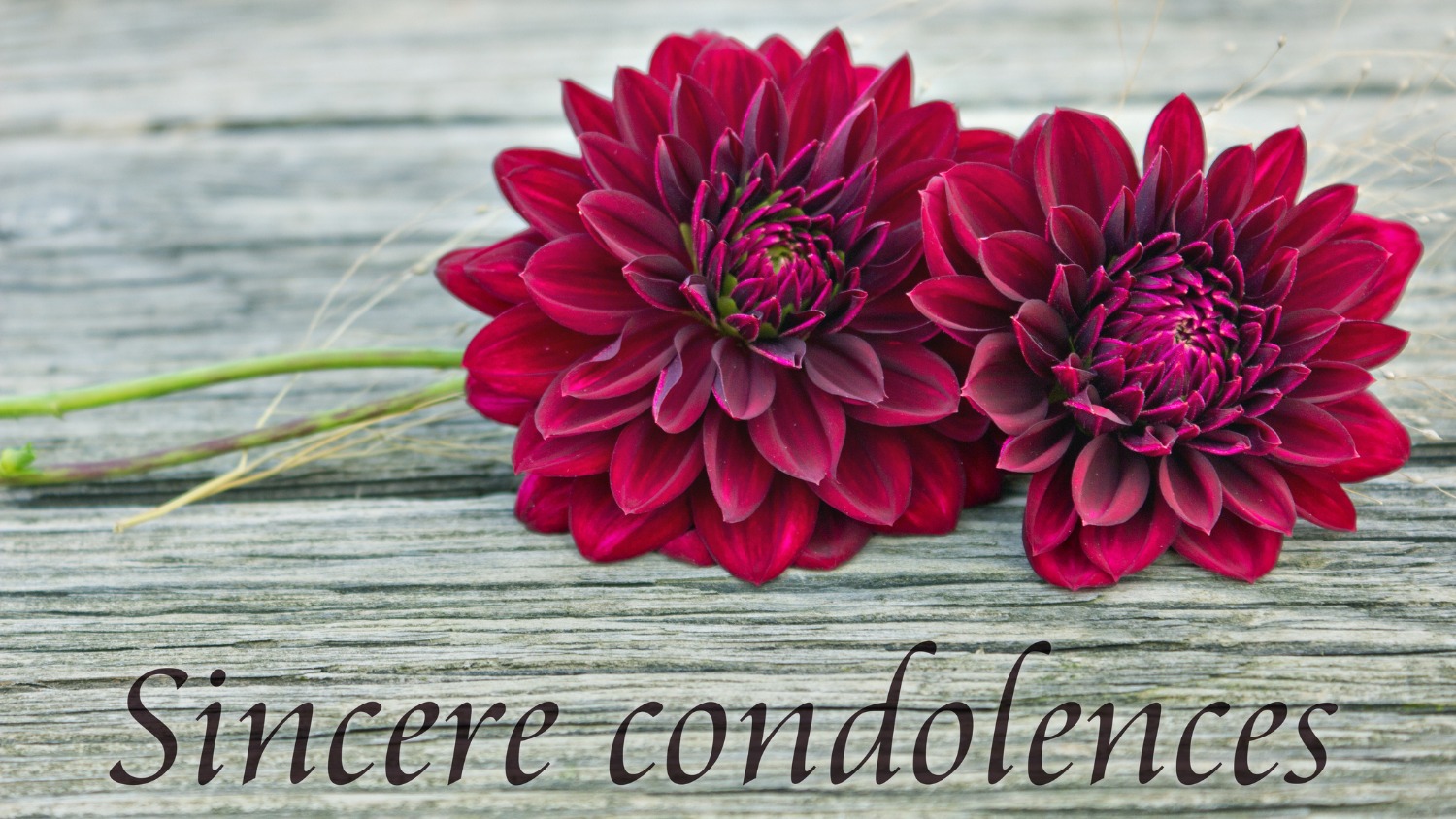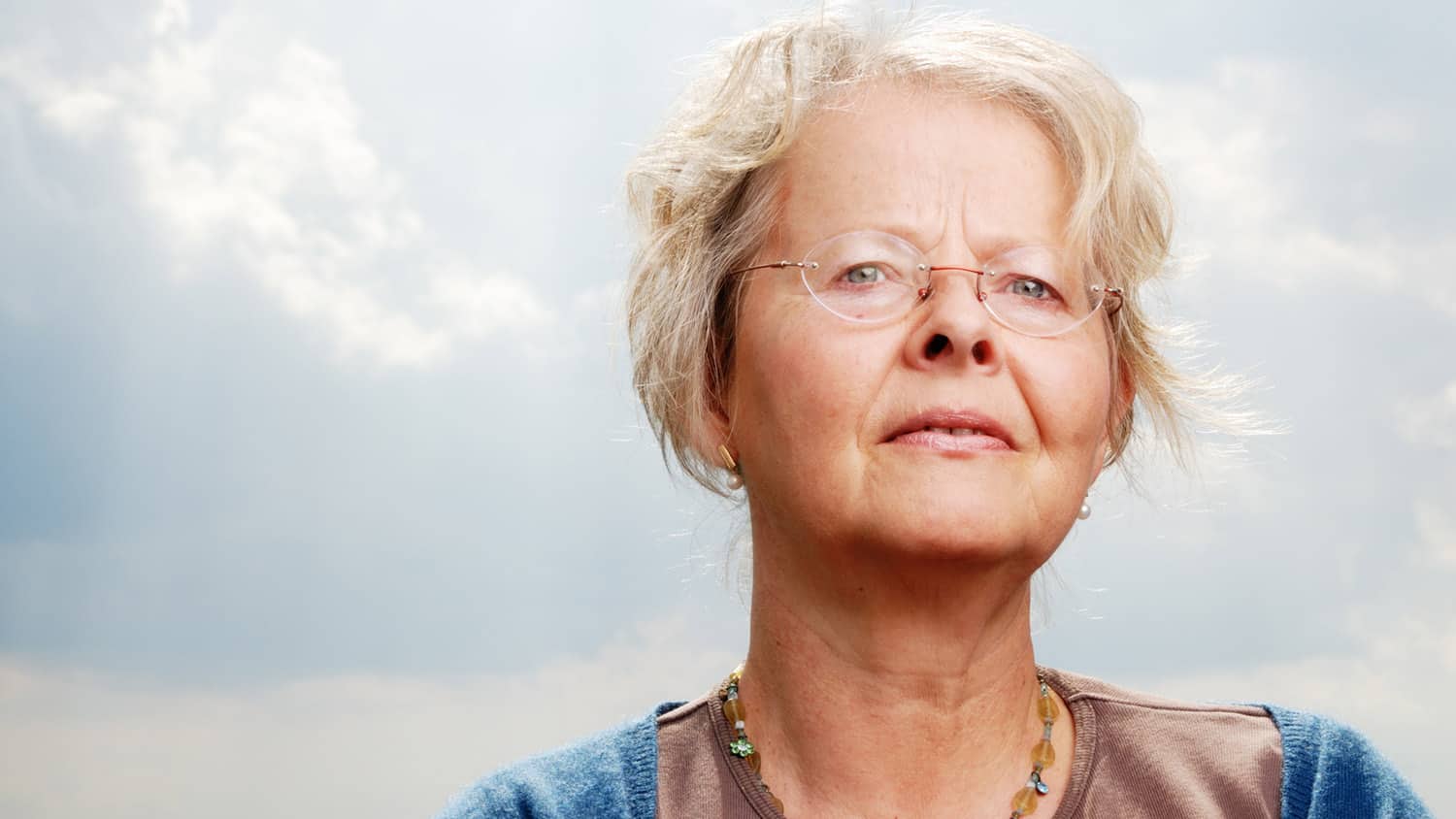
What Do You Think About Condolences?
Although I do like being an older woman, one of the downsides of reaching our 60s and beyond is that there are more and more deaths among the people in our lives.
We note that those remaining from the generation above – parents, aunts, uncles and so forth – are beginning to fade and eventually die. But so, too, are some of our friends – and their spouses and families.
This has been exacerbated by the arrival of the coronavirus, with its huge increase of ‘excess deaths’ all over the world.
Perhaps you notice that you are going to more funerals than in the past. Or you would have liked to go, if attendance hadn’t been forbidden because of pandemic restrictions.
And you are also writing more of those oh-so-difficult letters.
Letters of Condolence
I was writing a condolence letter very recently to my daughter-in-law’s twin sister, regarding the death of their mother.
It struck me that I really disliked the word ‘condolence’ and I said so, among other things, in the letter. She wrote back and, among other responses, agreed.
The interesting question is why.
I suggested the word sounded ‘officious’, but that might not be the right word. She suggested it was ‘distancing’, which is better.
I think the word ‘condolence’ has the quality of one-size-fits-all. It is the word to be used in the circumstances, and, having used it, we feel we have said what we need.
But one size doesn’t fit all. Every death is different, because every life is different and every relationship is different.
A letter of condolence is about your feeling for the person who has died or your feeling for the person who has experienced the loss or both. You cannot express your thoughts on these complex matters in a single word.
Moreover, there must be such a difference between a letter to your oldest friend and one to a distant aunt, who you saw once in your life.
And once you start writing something more elaborate, what does the word ‘condolence’ add?
Warm Letters
It seems to me that what you want to express in these circumstances is a sense of warmth, the equivalent of the arm around the shoulder that you would offer if you were together.
Sometimes, it will feel more appropriate to write about how important the person who has died was to you. What he or she gave you and what you will remember.
Other times, you may prefer to write about your sympathy for – or, indeed, empathy with – the person who has experienced the loss. Your effort to understand what they are going through, depending on their relations with the person who died.
Perhaps they were very close, for instance the widow or widower from a happy marriage, where he or she will be completely devastated.
Or perhaps they had a difficult relationship, like a son who was never really given unconditional love from his recently deceased father. Or where their meetings had ceased after a remarriage.
The variety of complex circumstances go on and on.
It is impossible to write a genuine letter from yourself to that person without acknowledging these different relationships and situations.
What to Write
I have never liked advising people on what to do and will not do so in any depth now.
But next time you are faced with the need to write a letter of condolence, do stop and think.
What do you really want to say? How open do you want to be? What do you really want to write about?
The resulting letter will be much better for that thinking time.
And you will feel better for yourself for having written it.
Have you had to write a lot of letters of condolence? Did you find it difficult? What was the most difficult situation you faced?






